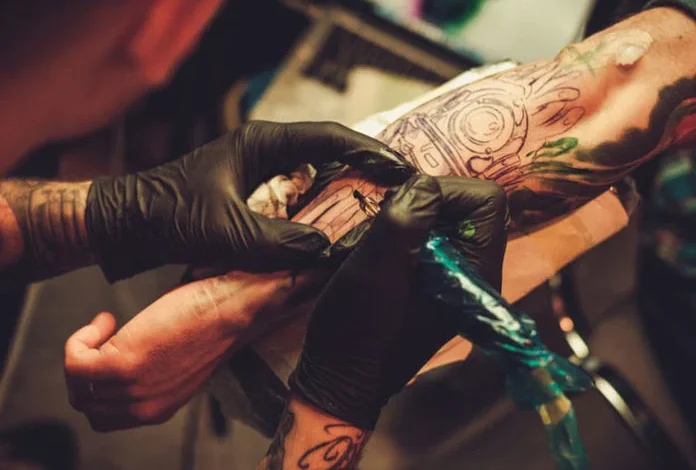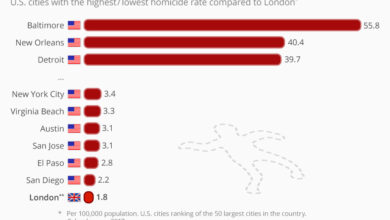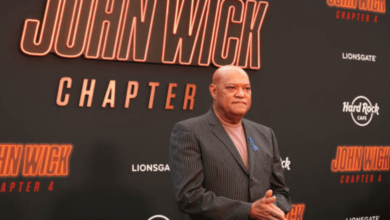Tattoo Prices: What You Need to Know Before Budgeting for a Tattoo

Getting a tattoo is a significant commitment, both in terms of time and money. Before you dive into the world of body art, it is crucial to understand tattoo prices and what factors contribute to the overall cost.
From the size and complexity of the design to the artist’s experience and reputation, various factors can impact the price of a tattoo.
In this article, we will explore the key factors to consider when budgeting for a tattoo, ensuring that you are well informed before making this permanent decision.
Factors that Influence Tattoo Prices
Several factors can influence the cost of a tattoo. Understanding these factors will help you estimate the price of your desired design:
- Size: The size of the tattoo is one of the primary factors determining its cost. Generally, larger tattoos require more time and effort to complete, leading to a higher price. Smaller tattoos, on the other hand, are usually more affordable.
- Complexity: The complexity of the design also plays a significant role in pricing. Intricate and detailed designs require a higher level of skill and precision, which can increase the cost. Simple designs, such as basic symbols or lettering, tend to be less expensive.
- Placement: The placement of the tattoo on your body can affect the cost. Areas that are more difficult or time-consuming to tattoo, such as the ribs or hands, may come with a higher price tag. Less sensitive and easily accessible areas like the upper arm or calf may be more affordable.
- Artist’s Skill and Reputation: The experience and reputation of the tattoo artist can influence the cost. Highly skilled and renowned artists often charge more for their services. While their expertise may come at a higher price, it can also ensure a high-quality and visually appealing tattoo.
- Location: The location of the tattoo studio can affect the cost as well. Studios in popular or affluent areas may have higher overhead costs, which can be reflected in their prices. On the other hand, studios in less expensive areas may offer more affordable rates.
- Color and Shading: The use of color and shading in a tattoo design can impact the overall price. Adding color or intricate shading techniques may require more time and skill, leading to a higher cost. Simple black and gray designs are usually less expensive.
- Customization: If you want a unique and custom design, it may come with a higher price compared to selecting a design from pre-existing flash art. Customization involves additional time and effort from the artist to create a design specifically tailored to your preferences.
- Tattoo Studio Policies: Each tattoo studio may have its pricing policy. Some studios charge by the hour, while others may have a flat fee based on the size or complexity of the design. It’s essential to inquire about the pricing structure upfront to avoid any surprises.
By considering these factors and discussing them with your chosen tattoo artist, you can get a better idea of the expected cost for your desired tattoo design. Remember, investing in a skilled and reputable artist is crucial to ensure a tattoo that you’ll be happy with for years to come.
How Much Does a Tattoo Cost?
Now that we have discussed the factors that influence tattoo prices, it is time to delve into the actual cost range you can expect:
When it comes to the cost of tattoos, there is a wide range depending on various factors. On the lower end, you can find small, simple tattoos for as low as $50 to $100. These often consist of basic line work or small designs.
Moving up the price scale, you will find more intricate and detailed tattoos. These can range anywhere from $150 to $300 or more, depending on the size, complexity, and reputation of the tattoo artist.
For larger and more complex designs, the cost can increase significantly. Full-sleeve tattoos or full-back pieces can cost anywhere from $500 to several thousand dollars. These types of tattoos require a lot of time and expertise to complete, which justifies the higher price point.
Additionally, the location of the tattoo studio can also influence the cost. Studios in larger cities or more popular areas tend to charge higher prices compared to those in smaller towns or less popular regions.
It’s important to remember that these are just general price ranges, and the actual cost of your tattoo will depend on several factors including the size, design, detail, artist, and location. It’s always a good idea to consult with the tattoo artist directly to get an accurate estimate for your specific tattoo.
Tattoo Aftercare: An Ongoing Investment
Once you have received your tattoo, proper aftercare is crucial to ensure proper healing and the longevity of your ink.
Remember that aftercare products, such as specialized ointments or creams, may require additional investment. Additionally, you may need to book touch-up sessions to maintain the vibrancy and clarity of your tattoo over time.
Conclusion
When budgeting for a tattoo, it is essential to consider various factors that contribute to the overall cost. From the size and complexity of the design to the artist’s skill and experience, these factors can significantly impact the price.
It is crucial to prioritize the quality and reputation of the artist rather than solely focusing on cost. Remember, a tattoo is a permanent addition to your body, and investing in a skilled artist can make all the difference in the outcome.



